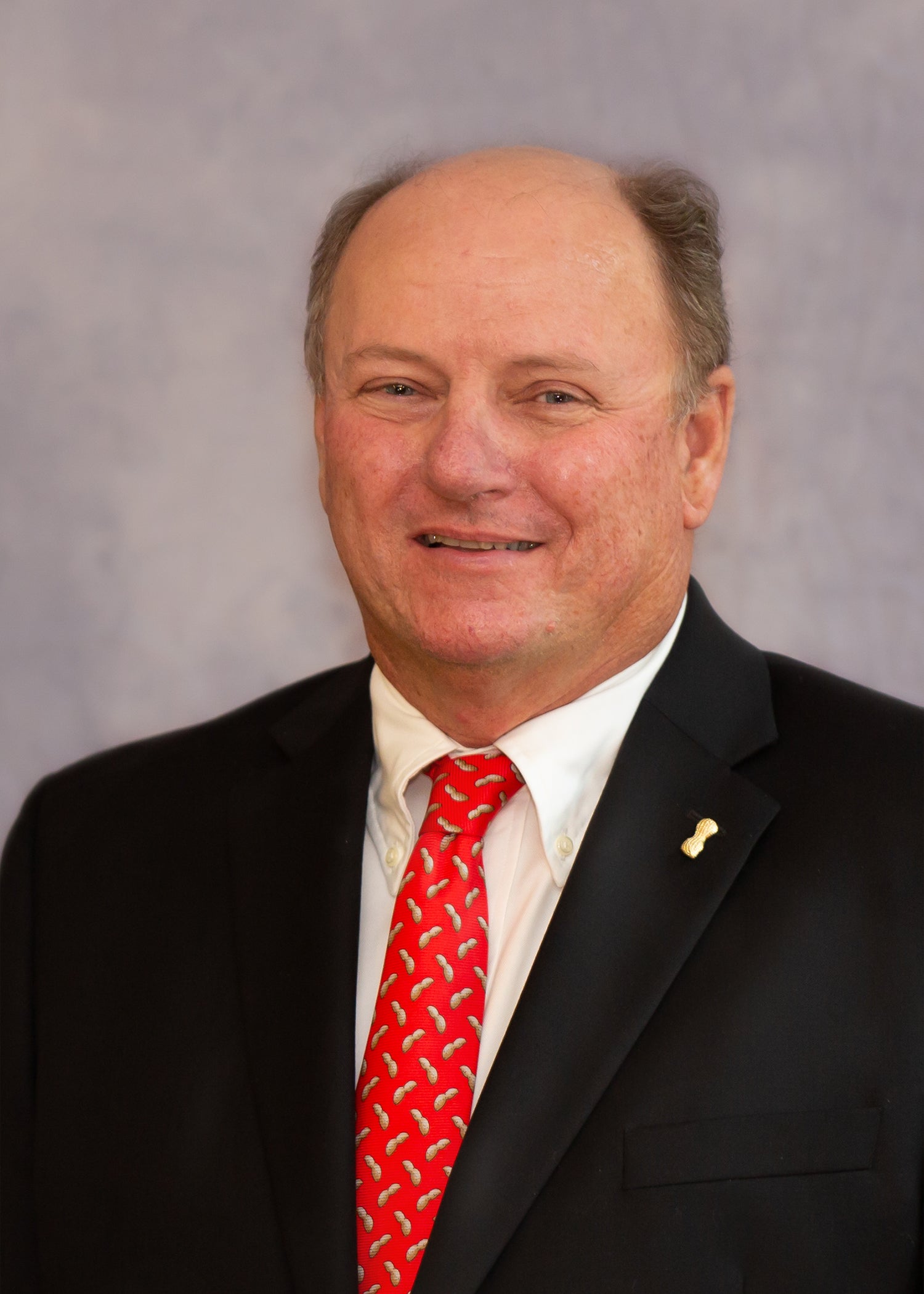City: ‘All-out war’ on mosquitoes
Published 8:11 pm Tuesday, April 2, 2013
City of Bainbridge government officials have declared “an all-out war on mosquitoes” and have ramped up plans to limit the pesky insects’ population.
As Bainbridge Public Services Director Steve Winburn said, “one day there were no mosquitoes and the next, they were suddenly just everywhere.”
Public Works Director Al Kelley said city workers had been putting mosquito larvacide in city-owned drainage ponds, like the one at Coyle Park, in advance of the breakout of mosquitoes.
The increased number of mosquitoes, likely brought on by heavy rainfall in March and the advent of slightly warmer weather, has alarmed city officials and citizens alike.
“We’ve received calls and emails about mosquitoes at Public Works, at the Welcome Center, at City Hall, and I’m sure [council members] have received their share of calls as well,” Winburn said.
In past years, Bainbridge has managed mosquitoes fairly well by placing larvacide briquettes in holding ponds and spraying a mosquito-killing chemical mist from the back of a truck.
But Winburn, who has discussed the mosquito issue at length with Assistant City Manager Roy Oliver, proposed that city leaders consider taking more steps to fight the problem.
Winburn said he will give the go-ahead to add a second mosquito spraying truck to cover the city’s streets, which are split up into three zones. Also, spraying will be done on six days out of the week, instead of just the five days previously scheduled, to help all areas of the city be sprayed more frequently.
After taking those two steps, every area of the city should be sprayed about four times during a six-day period, said Winburn.
Oliver asked council members to think about possible future additional steps — such as spraying mosquito-killing chemicals from a plane — if the mosquito problem continues unabated.
On Tuesday night, the council agreed to pay about $14,638.80 to Adapco, Inc., of Sanford, Fla., for 330 gallons of malathion, the chemical used to spray for mosquitoes in Bainbridge.
“[The spray] is a fine mist that kills the mosquitoes instantly when it makes contact with them,” Oliver said.
Winburn said aerial spraying might be good for about 4,000 acres of sparsely-populated, low-lying areas in the western and southeastern portions of city limits.
City Councilwoman Roslyn Palmer said she was concerned about any possible health impacts related to aerial spraying.
However, Mayor Edward Reynolds said he believed that that aerial spraying — which is still just an option — would use the same chemical sprayed from trucks, human exposure wouldn’t necessarily be greater.
“There certainly is a lot of documentation about increases in the number of cases of humans contracting West Nile virus, which is borne by mosquitoes,” Reynolds said.
Winburn said a special species of minnow-like fish that eat mosquitoes are already in many of the holding ponds around town. There’s also a backpack-like sprayer on the market that can be worn on a person’s back and used to spray wide-open areas where roads don’t travel through, such as parks.




